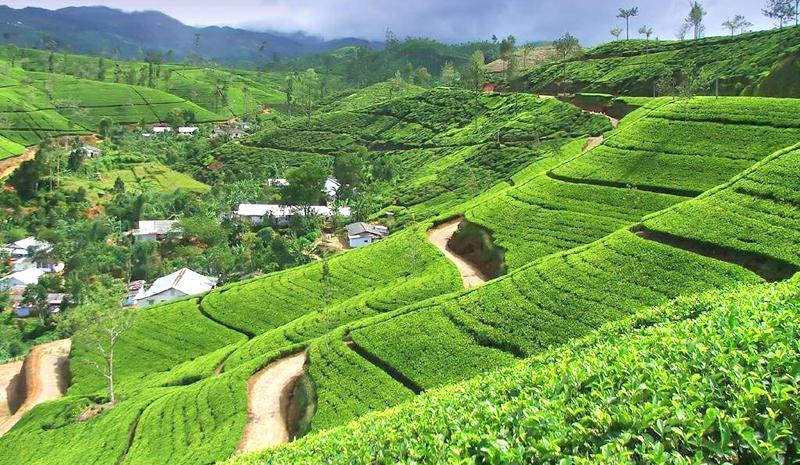
Tea exports to Japan, a key market for Sri Lanka’s high and medium grown teas is getting back to its normal with export volumes picking up, exporters said last week. Several shipments of Sri Lankan tea to the tune of around Rs 1 billion up to around mid this year were rejected by Japan owing to consignments containing chemicals that exceeded the Maximum Residue Levels (MRLs) specified by the Japanese authorities.
Following the ban on Glyphosate last year, planters resorted to the use of various alternative weedicides containing chemicals which failed to meet the default MRL of 0.01 imposed by Japan for MCPA, a widely used weedicide across the world.
The country lost about five percent of production and between Rs. 10-20 billion revenue due to the ban on Glyphosate last year according to former Sri Lanka Tea Board (SLTB) Chairman Dr. Rohan Pethiyagoda.
Shiraj De Silva Director of Heritage Teas one of the largest exporters of tea to Japan said a significant improvement has been made on its exports of tea to Japan through the collective effort of its business partners in Japan and all stakeholders in Sri Lanka including the SLTB.
“Though the problem has not been fully solved we are hopeful that normalcy will soon be restored as we are working closely with the SLTB,” De Silva said. Asia Siyaka MD/CEO Anil Cooke said the number of shipments being rejected by Japan has dropped significantly during the past two months and this is due to the rectification taking effect with the use of Glyphosate, a weedicide used widely world-over.
Heladiv Group and former Tea Exporters Association Chairman Rohan Fernando said after the NCPM application on tea plantations as an alternate to glyphosate, caused unknown chemical residuals in tea imported into Japan, a stricture was issued by the Japanese authorities on the maximum levels this compound could have in tea. Though the set limit was high compared to other chemical residuals the fact that Japan was unaware of these being used in Sri Lanka tea plantations caused this situation which resulted in over 100 containers of tea destined for Japan being rejected at the point of import.
However, the tea exporters, in consultation with Japanese authorities and SLTB implemented a strict protocol of testing all export ready shipments to Japan against the presence of NCPM residuals in tea. These tests which had to be carried out at exorbitant costs in accredited laboratories in Japan or India incurred additional burden to the exporters which the SLTB has promised to reimburse, at least a part of it.
Since the protocol to test all Japan bound teas against MRL’s, exports to that country has stabilised and no case of rejection in Japan has been reported. However, teas purchased for Japan have been rejected by the buyers in Colombo after testing, thus avoiding a repercussion in Japan.
The ministerial visit to Japan on account of this situation has yielded positive response form the Japanese authorities and we the exporters hope for better times with quality assured teas being offered at the Colombo auction.
